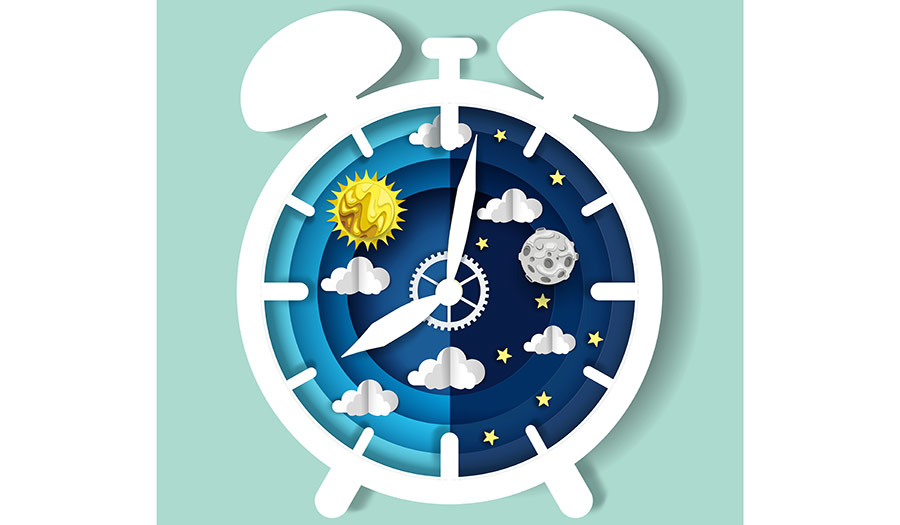 Getty Images
Getty Images
World News Desk
Learn the why behind the headlines.
Subscribe to the Real Truth for FREE news and analysis.
Subscribe NowLike so many other good things in life, sleep is best in moderation. A multiyear study of older adults found that both short and long sleepers experienced greater cognitive decline than people who slept a moderate amount, even when the effects of early Alzheimer’s disease were taken into account. The study was led by researchers at Washington University School of Medicine in St. Louis.
Poor sleep and Alzheimer’s disease are both associated with cognitive decline, and separating out the effects of each has proven challenging. By tracking cognitive function in a large group of older adults over several years and analyzing it against levels of Alzheimer’s-related proteins and measures of brain activity during sleep, the researchers generated crucial data that help untangle the complicated relationship among sleep, Alzheimer’s and cognitive function. The findings could aid efforts to help keep people’s minds sharp as they age.
The findings were published October 20 in the journal Brain.
“Our study suggests that there is a middle range, or ‘sweet spot,’ for total sleep time where cognitive performance was stable over time,” said first author Dr. Brendan Lucey, an associate professor of neurology and director of the Washington University Sleep Medicine Center. “Short and long sleep times were associated with worse cognitive performance, perhaps due to insufficient sleep or poor sleep quality.”
Alzheimer’s is the main cause of cognitive decline in older adults, contributing to about 70 percent of dementia cases. Poor sleep is a common symptom of the disease and a driving force that can accelerate the disease’s progression. Studies have shown that self-reported short and long sleepers are both more likely to perform poorly on cognitive tests, but such sleep studies typically do not include assessments of Alzheimer’s disease.
In total, the researchers obtained sleep and Alzheimer’s data on 100 participants whose cognitive function had been monitored for an average of 4.5 years. Most (88) had no cognitive impairments, 11 were very mildly impaired, and one had mild cognitive impairment. The average age was 75 at the time of the sleep study.
The researchers found a U-shaped relationship between sleep and cognitive decline. Overall, cognitive scores declined for the groups that slept less than 4.5 or more than 6.5 hours per night—as measured by a tiny electroencephalogram (EEG) monitor strapped to their foreheads—while scores stayed stable for those in the middle of the range. EEG tends to yield estimates of sleep time that are about an hour shorter than self-reported sleep time, so the findings correspond to 5.5 to 7.5 hours of self-reported sleep, Dr. Lucey said.
The U-shaped relationship held true for measures of specific sleep phases, including rapid-eye movement (REM), or dreaming, sleep; and non-REM sleep. Moreover, the relationship held even after adjusting for factors that can affect both sleep and cognition, such as age, sex and levels of Alzheimer’s proteins.
“It was particularly interesting to see that not only those with short amounts of sleep but also those with long amounts of sleep had more cognitive decline,” said co-senior author Dr. David Holtzman, a professor of neurology. “It suggests that sleep quality may be key, as opposed to simply total sleep.”
Each person’s sleep needs are unique, and people who wake up feeling rested on short or long sleep schedules should not feel compelled to change their habits, Dr. Lucey said. But those who are not sleeping well should be aware that sleep problems often can be treated.
- World News Desk
- HEALTH ISSUES
 Skip the Midnight Snack: Study Finds Link Between Sleep Loss and Nighttime Cravings
Skip the Midnight Snack: Study Finds Link Between Sleep Loss and Nighttime Cravings


